Oldest and Youngest May Determine 2016 Election: Albert R. Hunt
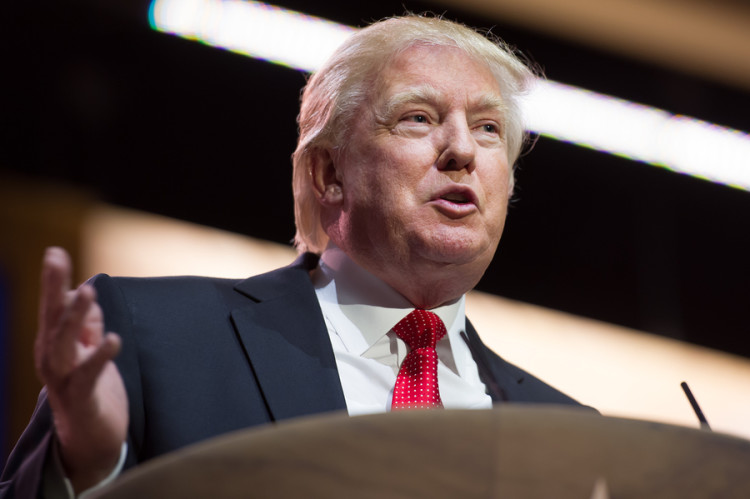
(Bloomberg View) —Years ago, the conservative activist Grover Norquist was the guest speaker in a class I teach at the University of Pennsylvania.
“Older people are the base of the Democratic Party,” he told the class of predominantly liberal Ivy League students. “Do you know what they do every day? Die.”
Ironically, Norquist’s argument, that Democrats were on the short end of the generational political divide, is no longer valid. U.S. senior citizens are reliably Republican, while young voters, in the Barack Obama era, have flocked to Democrats.
QuickTake How the U.S. Elects Its Presidents
The shift raises a few important questions for the 2016 presidential race: Can Hillary Clinton approach the level of enthusiasm that Obama achieved with young voters? And can Donald Trump persuade older voters that he’s not a big risk?
The numbers make the point. In the 2012 presidential election, Americans between the ages of 29 and 65 split almost evenly, and it is these voters — soccer Moms or middle-age white workers — who get the most media attention. But Obama won by running up a larger margin and turnout among 18 to 29 year olds than Mitt Romney was able to muster with voters 65 and older.
Conversely, Republicans enjoyed big wins in the 2014 off-year elections, when the percentage of older voters, who continued to heavily support them, rose by one-third, while the Democratic-leaning younger vote dropped 20 percent. This may have made the difference in a few close races such as the North Carolina Senate contest, where a Democratic incumbent was defeated.
Two leading pollsters in the current campaign — Kellyanne Conway, who works with Trump, and Geoff Garin, who surveys for the Clinton Super-PAC — see inherent opportunities and problems for both candidates.
Conway notes that Clinton was clobbered by Senator Bernie Sanders among young voters in the Democratic primaries and isn’t very popular with this cohort. That, she argues, is an opportunity for the likely Republican nominee.
“Trump can pick up some of the Sanders message, like tough on trade and the role money and big corporations play in a corrupt, rigged system,” she said. “That appeals to young voters.”
Garin, though he recognizes that Clinton has work to do with younger voters, dismisses any possibility that her opponent can capitalize on this weakness. “Trump is nowhere with young voters,” he contends. “He is completely out of sync with their world view, values and idealism.”
Instead, he argues that Trump may have difficulties with a constituency of his own. “Older voters tend to be risk-averse, and Trump is nothing but risk,” he says. He believes that Clinton probably will cut into the usual Republican advantage with these voters, who value steadiness and experience.
Conway acknowledges the Democratic candidate’s strength with older women. But as the campaign progresses, she ventures, concerns about national security and terrorism play in Trump’s favor. To these voters, she adds, “Make America Great Again is patriotic, not nativist.”
(An aside: Eight years ago, some surveys showed that John McCain’s age, then 71, was a greater problem than Obama’s race or Clinton’s gender. With Trump, 70, and Clinton, who’ll be 69 on Election Day, this will be the oldest face-off in presidential history. Both candidates have deep problems, but age doesn’t appear to be among them.)
For Clinton, the challenge will be to engender greater enthusiasm among younger voters, who accounted for 19 percent of the electorate in 2012, 60 percent of whom voted for Obama.
Trump has to come across as more steady and reliable to reassure seniors, 56 percent of whom went for Romney last time.
U.S. elections always are about divides and how they play out: gender, race, economic and educational status, and changing demographics. All are present this autumn. But keep an eye on the generational wings: those in the dawn of their political participation and those in their twilight.
This column does not necessarily reflect the opinion of the editorial board or Bloomberg LP and its owners.


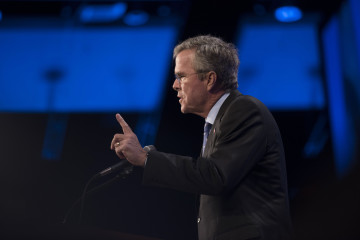
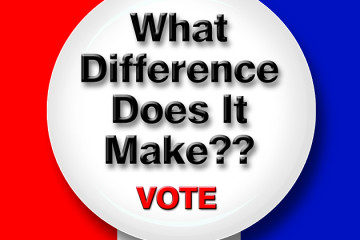
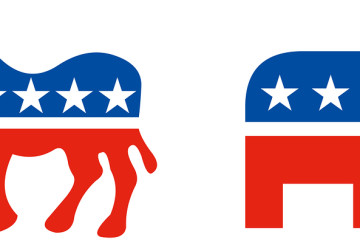
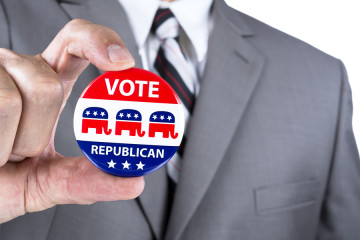

No Comment